African leaders hold Darfur mini-summit
 Six African leaders, including the presidents of Sudan and Chad, began in Libya on Tuesday a mini-summit on Sudan's Darfur region, where internal strife is spilling over into Chad and the Central African Republic.
Six African leaders, including the presidents of Sudan and Chad, began in Libya on Tuesday a mini-summit on Sudan's Darfur region, where internal strife is spilling over into Chad and the Central African Republic.
The meeting, aimed at carving out Tripoli's wish for a "radical solution", comes amid rising impatience from both the United States and United Nations.
Libya was hosting the mini-summit of Sudan and its neighbours, who have accused Khartoum of backing rebellions against their governments.
In addition to Sudan's Omar al-Beshir and Chad's Idriss Deby Itno, Egyptian President Hosni Mubarak and Eritrea's Issaias Afeworki were in Tripoli, as well as CAR President Francois Bozize.
A three-and-a-half-year-old conflict in Sudan's western Darfur region has spilled over the border into eastern Chad and the northern CAR, prompting angry tirades from both governments against Beshir's regime.
Khartoum in turn has accused N'Djamena of backing the rebels in Darfur.
Libyan Foreign Minister Ali al-Triki said the meeting would focus on how to "improve the performance of African (Union) forces in Darfur and to increase their number to 17,000 men" from the current figure of some 7,000.
Another Libyan official, who spoke on condition of anonymity, said Tripoli was keen to find a "radical solution to the Darfur crisis to avoid the deployment (there) of international forces."
The aim was also to persuade rebel groups in Sudan to sign up to a peace accord, he said, stressing that "a deployment of international forces in the thick of conflict" would not achieve results.
Libyan leader Moamer Kadhafi has also been seeking to mediate between the estranged neighbours, holding a mini-summit in February after the Chadian government announced it was in a "state of belligerence" with Sudan.
The latest initiative follows a visit to Tripoli by Deby earlier this month.
In Geneva on Tuesday, UN chief Kofi Annan said he expected a response from the Sudanese government by on Wednesday at the latest on outstanding issues regarding last week's deal for a hybrid UN-AU force for Darfur.
Khartoum had wanted to consult on the size of the force, which the UN foresees at 17,000 troops and 3,000 police; the way the force commander should be appointed and the role of the special representative who would report to both the UN and the AU, the secretary general said.
The US envoy to Sudan warned Khartoum on Monday to meet a January 1 deadline for full acceptance of the UN plan or face tougher action to end atrocities in Darfur.
"There's a point, January 1st, either we see a change or go to Plan B," Andrew Natsios, President George W. B special envoy to Sudan, told reporters.
The war in Darfur erupted in February 2003 when ethnic minority rebels took up arms against the Arab-dominated regime in Khartoum, prompting a heavy-handed crackdown from government forces and proxy militia known as the Janjaweed.
The conflict and associated famine and disease have left 200,000 people dead and displaced 2.5 million more, according to UN figures. Some sources give much higher figures.

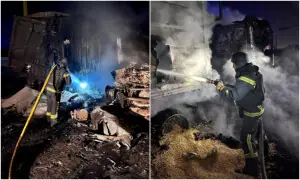
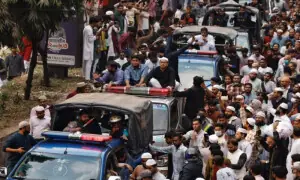
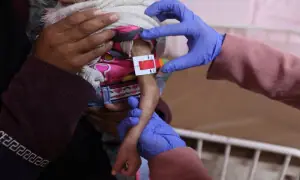
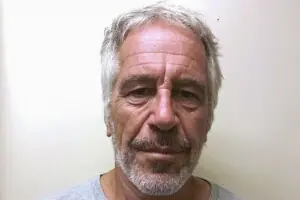
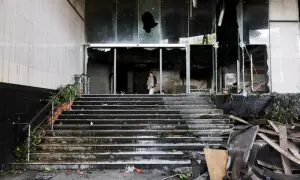
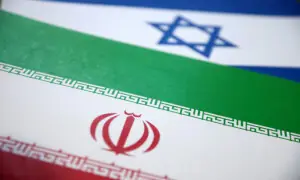

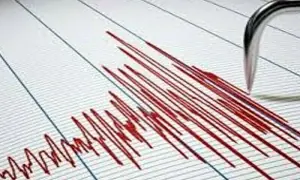
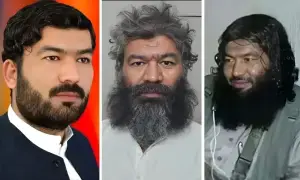
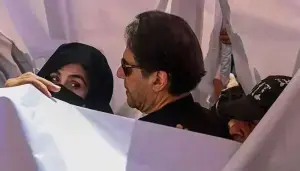
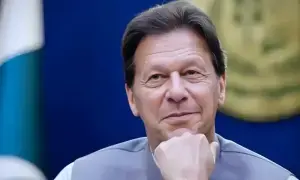
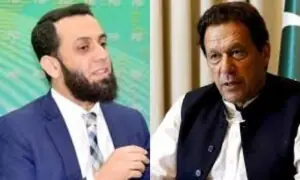
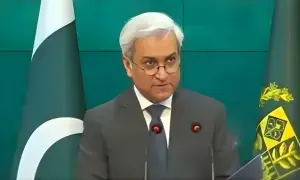
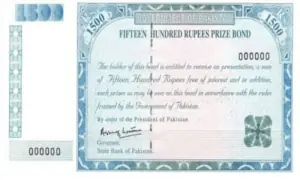
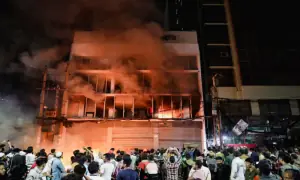
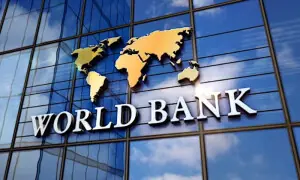
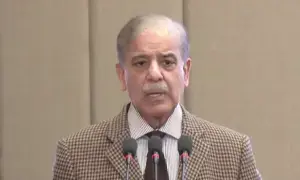

Comments are closed on this story.